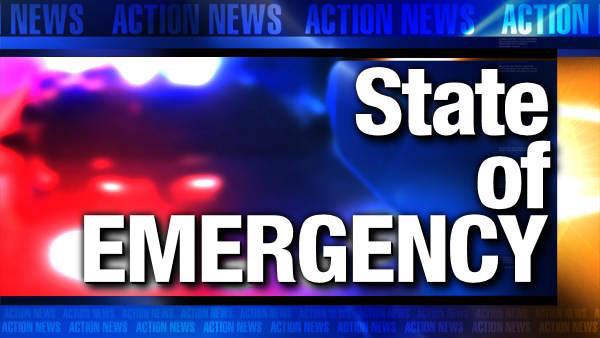
Even thought the state of Iowa doesn’t believe that the outbreak of Avian Flu is a risk to people, the governor has declared a state of emergency. The governor, Terry Branstad who said this was the largest poultry disaster he could recall, made the announcement earlier today.
Iowa, is the United States’ top egg producers and has become the third state to declare a state of emergency over the growing bird flu outbreak, joining Minnesota and Wisconsin.

BYPASS THE CENSORS
Sign up to get unfiltered news delivered straight to your inbox.
You can unsubscribe any time. By subscribing you agree to our Terms of Use
Latest Video
According to local news KCCI 8 News:
Branstad said he is declaring a state of emergency in Iowa for the bird flu. It’s in effect now through May 31.
“While the avian influenza outbreak does not pose a risk to humans, we are taking the matter very seriously and believe declaring a state of emergency is the best way to make all resources available,” Branstad said. “Even before the virus began in Iowa, our office was monitoring the outbreak in other states. We’ll continue our work — as we’ve been doing since the first outbreak in Buena Vista County — in hopes of stopping the virus’ aggressive spread throughout Iowa.”
Some 21 sites in 10 Iowa counties have cases that are either presumed positives or confirmed positives. The counties are Buena Vista, Cherokee, Clay, Kossuth, Madison, O’Brien, Osceola, Pocahontas, Sac and Sioux.
“This is a magnitude much greater than anything we’ve dealt with in recent, modern times,” Branstad said.
The farms in Sac, Pocahontas, Cherokee and Madison counties were announced on Friday afternoon.
The number of birds affected at the new farms is still being estimated. The Madison County farm has an estimated 1 million birds.
State officials have quarantined the farms to help contain the disease. When the flu is confirmed, birds at the farm will be euthanized to prevent the spread of the disease.
Officials said it is too early to estimate how large a financial effect the avian flu will have on Iowa’s poultry market. However, the U.S. Department of Agriculture is assisting farmers.
“That will pay part of the costs of those live birds that had to be depopulated to prevent the spread of the disease,” Northey said.
For now, testing for the disease is voluntary. Officials, however, urge every farm across the state to maximize security steps.
“Everyone should treat their site as if it could potentially have it on the dust on the ground, on the road in front, on the workers walking into the site. So that means disinfect before you go in around those birds,” Northey said.


